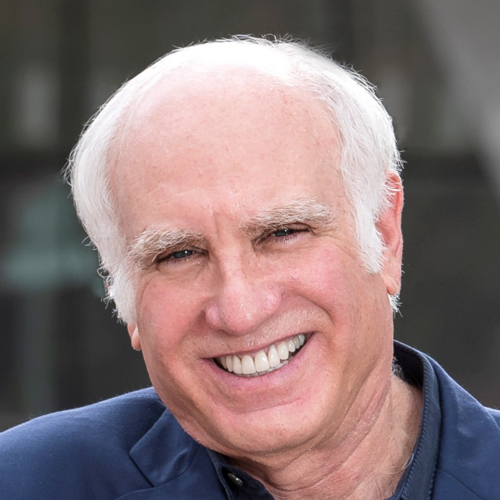One of Freud’s greatest discoveries was “transference,” the phenomenon in which patients have emotional responses and interactions with the analyst that unknowingly reenact relationships with caregivers earlier in life. Another of his major discoveries was “memory retranscription” (Umschrift), the fact that memories of past experiences are not fixed but change with relevant new experiences, particularly ones that are emotionally potent. When it is considered that transference is an expression of memories from past relationships and that these memories can be updated with new emotional experiences in treatment, we have a new way of thinking about how change occurs.
Join us for a panel discussion with current US Fulbright scholar Richard Lane.
The panel discussion, entitled "TRANSFERENCE AND THE CORRECTIVE EMOTIONAL RELATIONSHIP: NEW PERSPECTIVES ON THE CHANGE PROCESS," will begin with a brief overview from Richard Lane, professor of psychiatry, psychology, and neuroscience at the University of Arizona and the 2022–23 Fulbright-Freud Visiting Lecturer of Psychoanalysis, who will describe how transference and recurrent patterns can be understood in light of modern neuroscience concepts such as “predictive processing.” Next, Hanna Levenson will describe how interactions with patients in the “here and now” in psychodynamic psychotherapy can create change and will illustrate such interactions with video clips from sessions with a real patient. Then, Stephan Doering will discuss the relevance of these same phenomena in the context of high-frequency (intensive) psychoanalysis. The speakers will address what is known and not known about how to make these modalities as effective and as efficient as possible with the goal of producing changes in adaptation that can potentially last a lifetime. Emphasis will be placed on how modern neuroscientific research can potentially advance knowledge and contribute to improvements in clinical care.
This event is free to attend, but registration is required.

